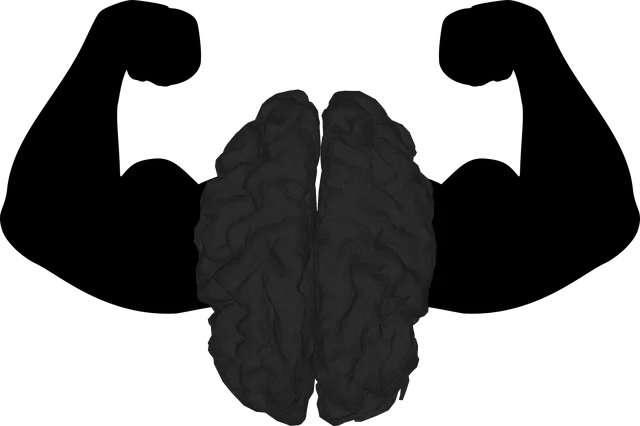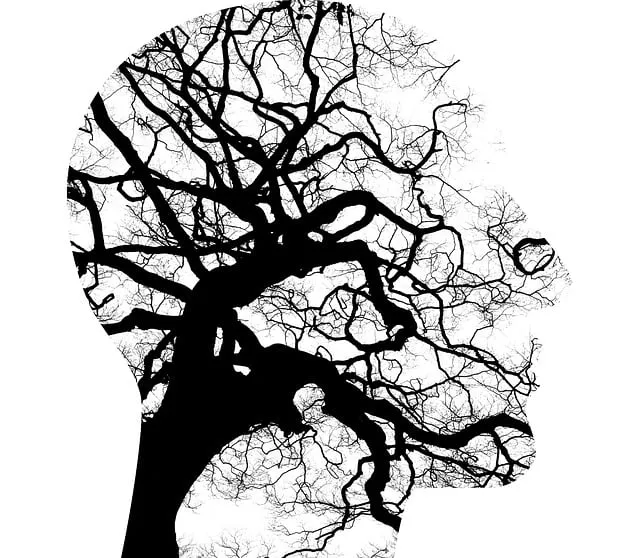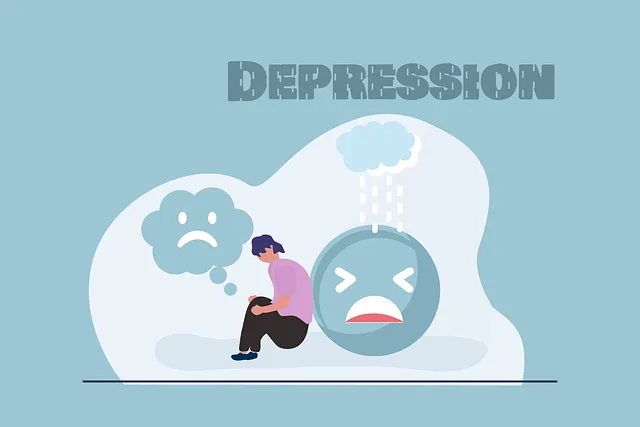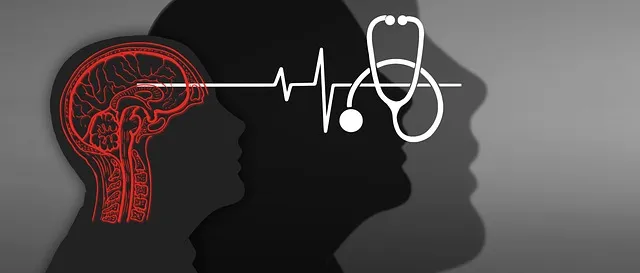The Northglenn Kaiser Permanente Mental Health Access Center prioritizes cultural competency as a core pillar of its patient-centered care philosophy, ensuring patients from all backgrounds feel respected and understood. Through training in compassion cultivation and mindfulness meditation, staff create safe, non-judgmental spaces for open sharing. This approach drives positive patient outcomes, reduces stigma, prevents provider burnout, and enhances job satisfaction and retention rates. Strategic community engagement events and specialized training, like Mental Health Policy Analysis and Advocacy, further equip staff to navigate cultural and systemic barriers, fostering an inclusive environment that supports patients' mental health needs.
Cultural competency training is an indispensable tool for healthcare providers, especially at diverse centers like the Northglenn Kaiser Permanente Mental Health Access Center. This article delves into the significance of empathy and sensitivity in healthcare, exploring its impact on patient outcomes and experiences. We discuss practical strategies for implementing effective cultural competency programs within community healthcare settings, focusing on improved care delivery at Northglenn Kaiser Permanente.
- Understanding Cultural Competency in Healthcare: A Need for Empathy and Sensitivity at Northglenn Kaiser Permanente Mental Health Access Center
- The Impact of Cultural Training on Patient Outcomes and Experience
- Practical Strategies for Implementing Effective Cultural Competency Programs within the Community Healthcare Setting
Understanding Cultural Competency in Healthcare: A Need for Empathy and Sensitivity at Northglenn Kaiser Permanente Mental Health Access Center

At the Northglenn Kaiser Permanente Mental Health Access Center, recognizing and embracing cultural competency is more than a professional necessity; it’s a matter of empathy and sensitivity in providing quality care. This approach ensures that patients from diverse backgrounds feel understood and respected, fostering an environment where mental health services are accessible and effective for all.
Cultural competency involves understanding the unique values, beliefs, and communication styles of different cultural groups, which significantly influences how individuals perceive and engage with healthcare. By integrating compassion cultivation practices and mindfulness meditation into their training, the center equips staff with tools to navigate these complexities. These Mind Over Matter principles encourage professionals to be present, attentive, and non-judgmental, creating a safe space for patients to share their experiences and seek support.
The Impact of Cultural Training on Patient Outcomes and Experience

Cultural competency training plays a pivotal role in shaping patient outcomes and experiences at healthcare institutions like Northglenn Kaiser Permanente’s mental health access center. By equipping providers with the skills to navigate diverse cultural backgrounds, these programs foster better understanding and communication between patients and caregivers. This, in turn, leads to improved mental health care access, where individuals from all walks of life feel heard, respected, and supported in seeking treatment for their mental illnesses.
Beyond enhancing patient interactions, cultural training contributes significantly to stigma reduction efforts and burnout prevention strategies for healthcare providers. Effective communication strategies learned through such programs enable professionals to address sensitive topics related to mental health with empathy and cultural sensitivity. This not only reduces the barriers that often deter individuals from seeking help but also mitigates the stress and exhaustion healthcare providers may experience when dealing with patients from different cultural contexts, thereby enhancing job satisfaction and retention rates.
Practical Strategies for Implementing Effective Cultural Competency Programs within the Community Healthcare Setting
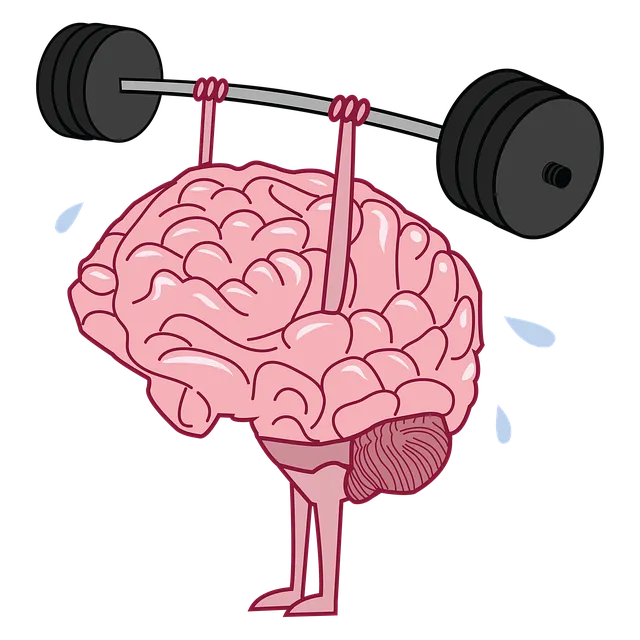
Implementing effective cultural competency programs within healthcare settings requires a strategic approach tailored to the unique needs of diverse communities. At the Northglenn Kaiser Permanente mental health access center, for instance, success lies in practical strategies that foster genuine connection and understanding. This includes organizing community engagement events where various ethnic, socio-economic, and cultural groups can share their experiences, traditions, and perspectives. Such interactions enrich the understanding of healthcare providers, fostering a more inclusive environment.
Additionally, integrating specialized training like Mental Health Policy Analysis and Advocacy ensures staff are equipped to navigate complex cultural and systemic barriers. Social Skills Training equips professionals with the communication tools needed to build rapport with diverse populations, while encouraging empathy. Self-Care Routine Development for Better Mental Health is another essential component, promoting resilience among healthcare providers so they can better support their patients’ mental health needs within a culturally sensitive framework.
Cultural competency training is not just a desirable trait but an imperative necessity at the Northglenn Kaiser Permanente Mental Health Access Center. The positive impact of such programs on patient outcomes and experiences, as highlighted in this article, underscores the importance of fostering empathy and sensitivity within healthcare settings. By implementing practical strategies discussed here, community healthcare centers can significantly improve their service delivery, ensuring every patient receives care that respects and values their cultural background.
